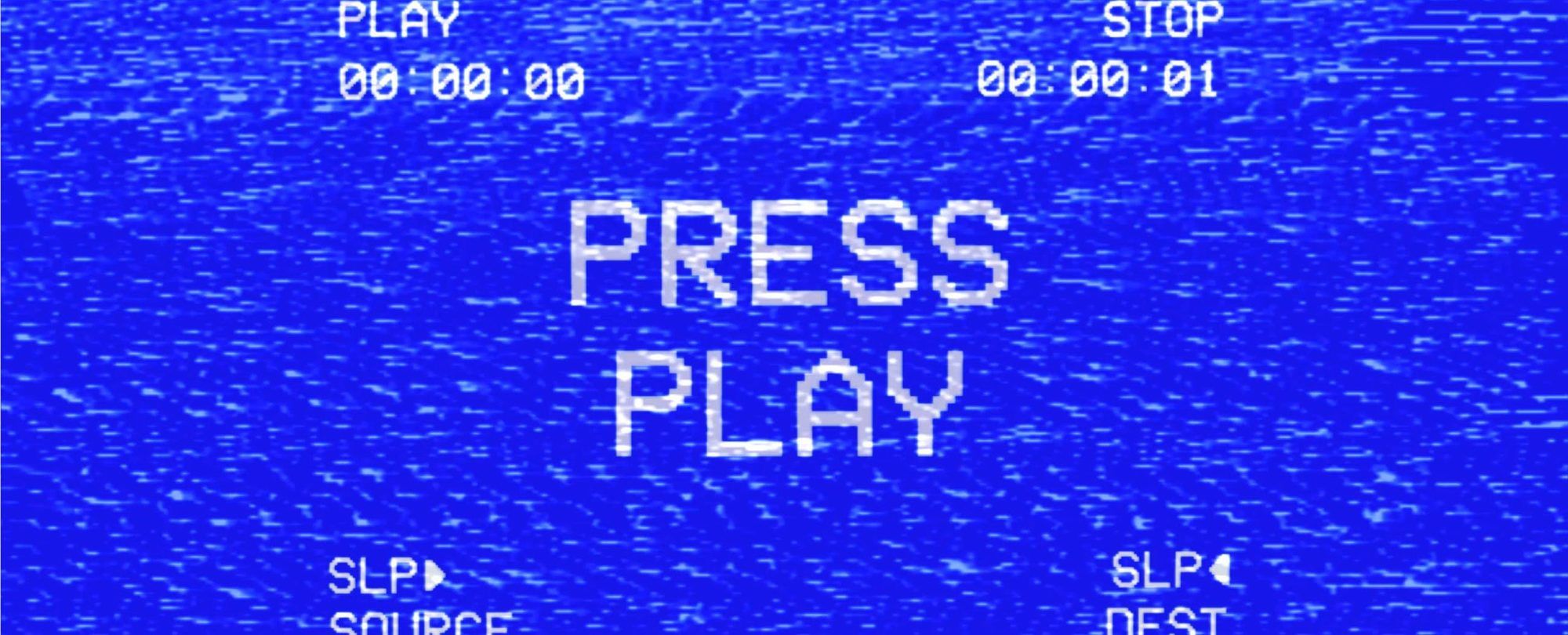Fact or Fiction
Myth busting, lessons from the field, and project-based learning in action. 5 resources to help you jumpstart the week of teaching.

An immersive storytelling opportunity to advance sustainability, a fact-or-fiction pop quiz, 10 lessons from 100 school visits, pro tips to move from digital to deeper learning, and a peek into project-based learning in practice.
1. SHARE: Immersive Storytelling Opportunity
Together with the United Nations Sustainable Development Goals Action Campaign and Oculus, Digital Promise Global is providing 360º media production kits to schools and youth so they can participate in the #MYWorld360 project. This initiative invites young people ages 5-24 across the globe to create and share immersive media (video, photo, etc.) that captures their unique perspective and action toward the U.N. Sustainable Development Goals. Apps are due by Jan. 25th.
2. WATCH: Myth-Busting Pop Quiz
Quick quiz. True or false? “Learning styles” are real. You remember your undergrad prof teaching you all about kinesthetic learners who need to move or auditory learners who need to hear, right? Well, cue the game show buzzer: This “fact” is FALSE. According to learning sciences, there’s simply no evidence to support that teaching to a particular learning style leads to better, deeper learning. Learn more in this short video and keep an eye out for other edu-myth busters in the “IgnitED Research” series from The Learning Accelerator.
3. GET INSPIRED: 10 Lessons from 100 Schools
We’re big believers in educators visiting other schools for inspiration and professional growth. So is Dr. Katie Martin, head of partnerships-west at Alt School, a personalized learning platform and school network, who visited more than 100 schools in 2018. She couldn’t take all of us with her, but she was kind enough to highlight 10 themes that sum up what she learned. Our favorites? Student voice is a powerful lever for change. When learners are involved in the process, they are more invested in what they are learning. When we collaborate and share what we’re learning, everyone gets better. No wonder Katie is feeling “hope for the future of education.”
4. LISTEN: From Digital to Deeper Learning
As the fine folks at EdSurge point out, “Replacing VHS tapes with YouTube clips is probably not the ideal version of moving a classroom into the 21st century.” It’s called “digital substitution” and it’s definitely not what edtech advocates have in mind when they encourage educators to leverage technology to better serve students.
Learn more in the latest EdSurge On Air podcast featuring Scott McLeod, author of “Harnessing Technology for Deeper Learning.” Based on his work with hundreds of schools, he suggests four shifts: from recall and regurgitation to higher-level thinking; from teacher-directed work to student agency; from disconnected classrooms to authentic work; and from analog to digital to increase agency.
5. TRY: Pushing through Projects
“You should always be questioning, you should always be wondering why something is happening. Never settle for what someone tells you. Find the truth yourself.” These are just some of the ways that educators at XQ school, Crosstown High push students to think critically and develop agency through project-based learning. Learn more in this new video from Crosstown.









